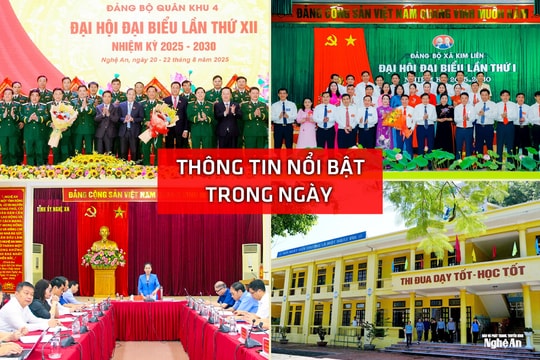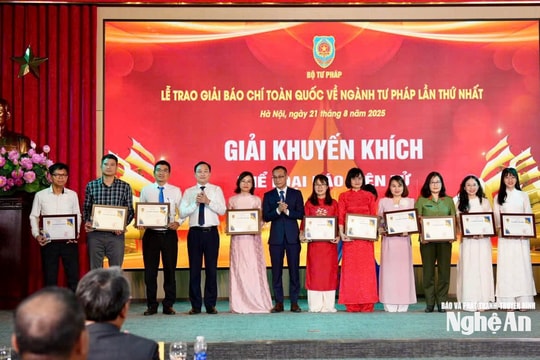'International integration thinking still changes slowly'
That was one of the opinions raised by Deputy Prime Minister and Foreign Minister Pham Binh Minh in his opening speech at the 18th National Foreign Affairs Conference in Hanoi on the morning of August 21.
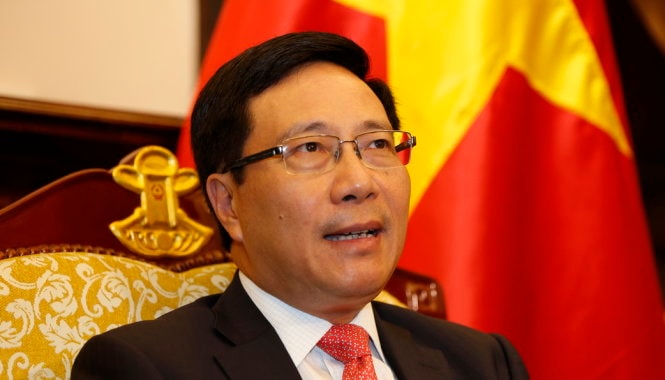 |
| Deputy Prime Minister and Minister of Foreign Affairs Pham Binh Minh - Photo: VIET DUNG |
According to the Deputy Prime Minister, although local foreign affairs have developed comprehensively in both breadth and depth in recent years, the international integration process at both central and local levels still has many limitations and international integration thinking is still changing slowly.
The Deputy Prime Minister also frankly acknowledged that foreign affairs have not yet taken advantage of opportunities from international integration to improve growth quality, capacity and competitiveness of the economy, and have not yet taken advantage of the benefits of market expansion from deep international integration. Productivity, technology and management levels are still low, and they have not participated much in the global value chain.
In addition, international economic development and integration are putting a lot of pressure on cultural, social and environmental issues.
The Deputy Prime Minister proposed four directions and suggested that the conference focus on discussion.
Firstly, it is necessary to be resolute in renewing the mindset of international integration, determining that this is the cause of the entire people and the entire political system; it is necessary to strongly implement the proactive and positive orientation of local international integration, considering this a common task of all departments, branches and sectors.
Localities need to link international integration with their local development strategies and master plans.
Second, localities need to make the most of the benefits of international integration, especially international economic integration, to boost trade promotion, expand export markets for local goods and services, participate in regional and global production networks and value chains, diversify markets and partners, promote technology transfer, labor export, and tourism.
Third, it is recommended that localities coordinate with central ministries and branches to continue to effectively implement regular foreign affairs activities, including the effective use of ODA and FDI capital, strengthening border management (for localities with land, sea and island borders), performing well the work of citizen protection, work on overseas Vietnamese, cultural diplomacy, foreign information and foreign non-governmental work.
Fourth, continue to improve the organization and apparatus of local foreign affairs, strengthen training and fostering of foreign affairs officers in terms of expertise, profession, foreign language translation and interpretation to meet the requirements of the new situation, and continue to enhance the role and position of local foreign affairs agencies.
For provinces that have not yet established a Department of Foreign Affairs, it is recommended that based on the needs and actual situation of the locality, they proactively promote the establishment of a department to have a specialized apparatus to effectively advise and assist provincial leaders in foreign affairs.
According to Tuoi Tre

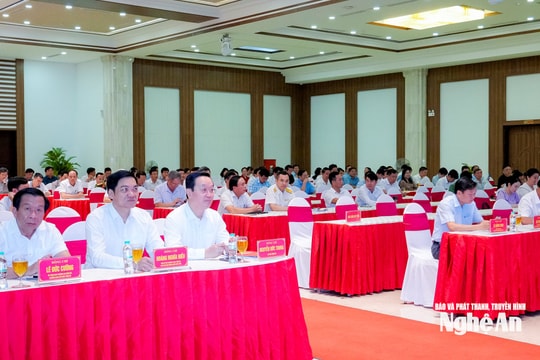
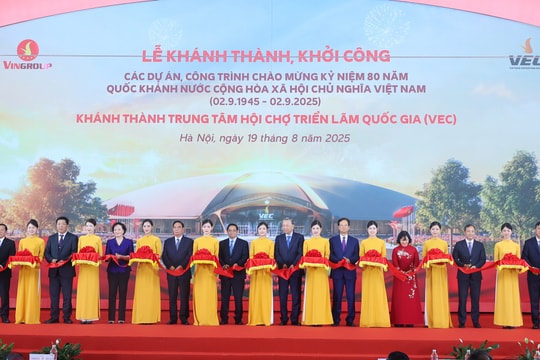

.jpg)
